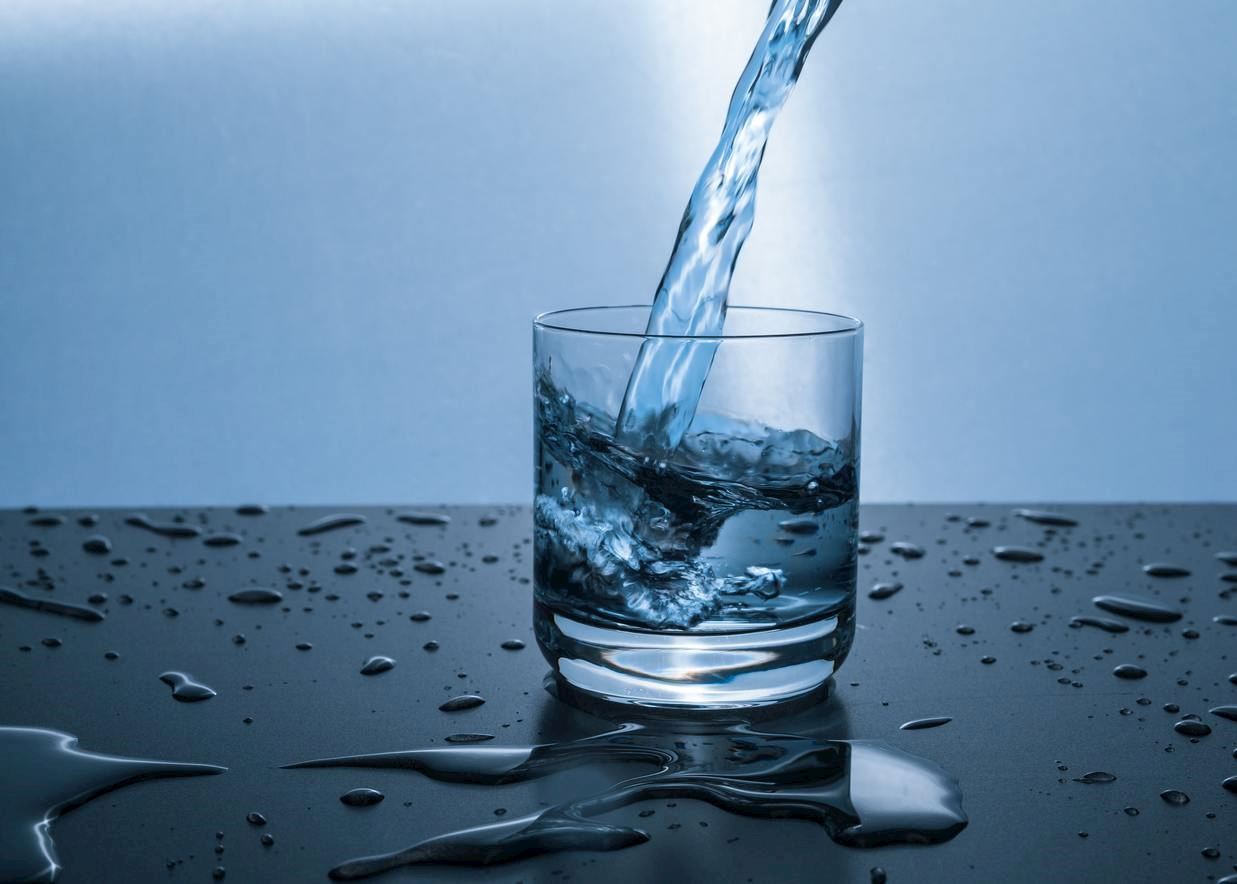Electrolytes Are Electricity For The Body… How’s Your Circuit Running?

On the label of most sports drinks, the word “electrolytes” is front and center. If you haven’t paid much attention to your electrolytes, or the balance of them, you should. As the weather starts to heat up outside, if you are running long distance or in extreme temperatures, electrolytes, and the balance of them, become extremely important.
What are electrolytes?
In scientific terms, an electrolyte is an ion that is dissolved in water and has either a negative or positive charge. Although seemingly boring, what electrolytes do in the body is anything but boring. A balance of them are essential for all bodily functions. They are minerals that dissolve in bodily fluids and create electrically charged ions.
Each electrolyte in the body serves and has a different function. Most of them are responsible for the maintenance and balance of the fluid between the extracellular, or the outside of the cell, and the intracellular, or inside of the cell.
You have to have a balance of the ions between the two. If there is an imbalance, it can disrupt things like muscle function, pH levels, nerve impulses and your level of hydration.
If you don’t have the proper balance, meaning that you have either too little or too many electrolytes, it can lead to all sorts of electrical issues. If you don’t have enough calcium, sodium, and potassium, it can lead to severe cramping and weakness, whereas, too much sodium, can result in the risk of heart disease or high blood pressure.
How do you get an imbalance?
All bodily fluids contain electrolytes like blood, sweat, and tears. Any changes that disrupt the balance of them in the body can result in consequences and adverse symptoms. For an athlete, if you are running in hot weather and excessively sweating, it is not uncommon for you to have an imbalance if you are not replenishing what you are losing.
Also, if you aren’t eating the proper foods containing the minerals you need, running in extreme temperatures, is a recipe for disaster. Certain medications can also affect the electrolyte balance in your body.
Electrolytes are necessary for nerve reactions to take place. They work by signaling one nerve to the other through the chemical exchanges that are solely reliant upon the ionic charge inside and outside of the cell. So, if the electrical wiring of a cell is off, your nerves can’t communicate messages from the brain.
What are the symptoms of an electrolyte imbalance?
Electrolyte imbalances can affect almost every neural movement in your body, which is why the symptoms of an imbalance can be varied. Some common symptoms are:
• Muscle aches, twitches, spasms, or general weakness
• Being restless
• Feeling anxious without cause
• Headaches
• Feelings of thirst
• Insomnia
• Heart palpitations or an irregular heartbeat
• Fever
• Diarrhea, constipation or GI cramps
• Trouble with concentration or being confused
• Joint pain
• Bone disorders
• A change in your blood pressure
• Pain and numbness in your joints
• Fatigue
• Changes in your body weight or appetite
• Dizziness
How to prevent an electrolyte imbalance
To prevent an electrolyte imbalance that can lead to you experiencing muscle cramps, or even more hazardous health conditions, it is vital to pay close attention to your diet, especially in excessive temperatures.
Also, if you are going to go for a long run, always bring hydrating drinks along with you. If you start to experience any of the conditions of an electrolyte imbalance, it is important not to ignore them.
In most cases, drinking hydrating drinks that contain electrolytes can help. Make sure, however, that what you are drinking isn't chalked with sugar, or it can do more harm than good. If you aren’t getting enough supplementation with sports drinks, it might be necessary to supplement with electrolytes.
Drinking water is always a good idea when you are exercising. But, in hot weather or extreme conditions, water might not be enough. Water does not naturally contain electrolytes. So, pay close attention to how much fluid you are losing in your body, and replenish it appropriately with electrolyte enhanced water or another liquid that has the natural electrolytes.
If you are experiencing muscle cramps, weakness, or even extreme exhausted, your electrolyte balance might be to blame. For the perfect electrolyte balance always replenish what you lose.











